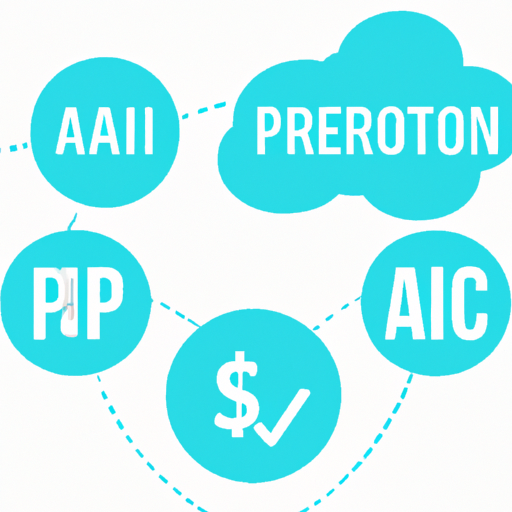As artificial intelligence (AI) continues to permeate various sectors, the conversation around AI ethics has become increasingly vital. Understanding the ethical implications of AI is essential not just for developers but for society as a whole. In this blog post, we explore the key ethical considerations surrounding AI technologies and the steps that can be taken to ensure responsible AI deployment.
The Growing Importance of AI Ethics
With advancements in AI, organizations are leveraging machine learning and data analytics to enhance decision-making processes. However, the lack of ethical considerations in the development of these technologies can lead to serious issues such as bias, privacy violations, and accountability problems. Ethical AI seeks to mitigate these risks.
Core Principles of AI Ethics
- Fairness: AI systems should be designed to avoid bias, ensuring equitable treatment across all demographic groups.
- Transparency: The algorithms and data used by AI should be transparent to users. This transparency fosters trust and accountability.
- Accountability: Developers and organizations must take responsibility for their AI systems and the decisions they make.
- Privacy: Protection of user data and privacy must be a priority in AI systems to maintain trust and compliance with regulations.
Implementing Ethical AI Practices
Organizations can embrace several strategies to ensure ethical AI practices, including:
- Creating an Ethics Committee: Forming a dedicated team to oversee AI projects and assess ethical implications can enhance accountability.
- Training and Awareness: Providing training for developers and stakeholders on AI ethics fosters a culture of awareness and responsibility.
- User Feedback: Engaging users can provide valuable insights and help address concerns regarding AI functionality and impact.
- Adopting Regulations: Adhering to ethical guidelines and regulatory frameworks can help standardize ethical considerations in AI development.
The Future of Ethical AI
As AI technology continues to evolve, focusing on ethical considerations will be paramount. By prioritizing responsible AI practices, we can harness the potential of AI while safeguarding societal values and human rights.
Conclusion
In conclusion, the ethical dimensions of artificial intelligence cannot be overlooked. Stakeholders must work together to implement responsible AI practices that protect against bias, ensure transparency, and foster user trust. As we build a future intertwined with AI, let us commit to creating ethical frameworks that benefit everyone.
Join the conversation on AI ethics and share your thoughts in the comments below!




